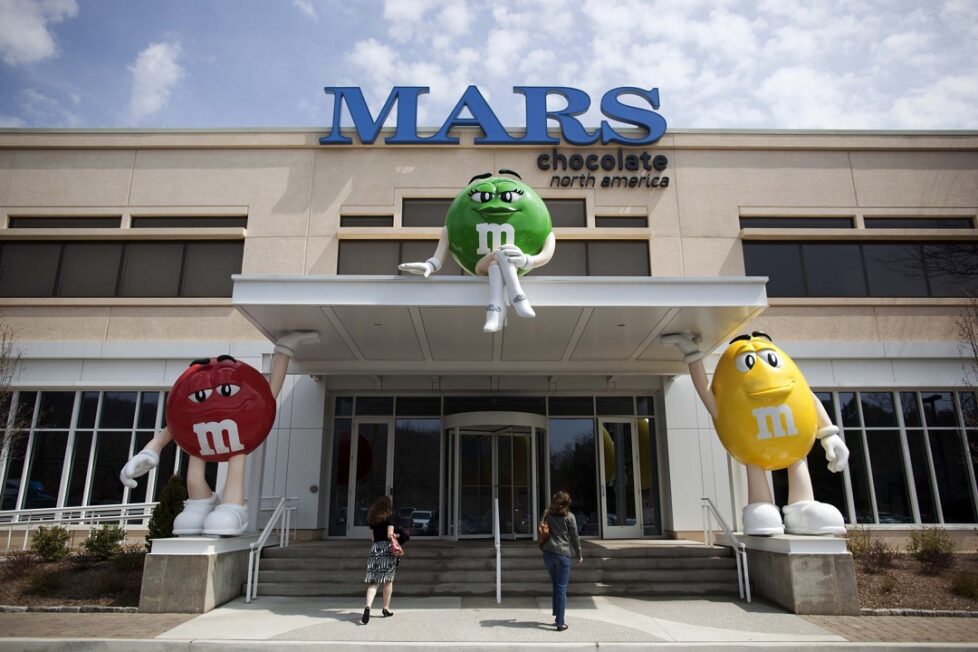Mars Commits to Cut Emissions in Half Across Full Value Chain by 2030

Snacking, food, and pet care products provider Mars announced today a series of new climate-related goals, including a target to cut carbon emissions across its full value chain in half by 2030, and to invest over $1 billion over the next three years to drive climate action.
The new commitments were unveiled as part of Mars’ newly released Net Zero Roadmap, outlining the company’s action plan to achieve net zero greenhouse gas emissions across its full value chain, a goal set by the company in 2021.
Mars CEO Poul Weihrauch said:
“2050 can seem to be in the distant future, but the progress we make in the next seven years is critical. My generation of CEOs has the ability and responsibility to deliver actual emission reductions and put business on a clear path to Net Zero by 2050. That’s why Mars is committed to delivering a 50% reduction in GHG by 2030. We cannot wait for the economy to improve; we must push forward with investments that protect our business today and in the future.”
The company outlined several of the initiatives and focus areas it will pursue to achieve its net zero goals, including transitioning to renewable energy – including addressing the energy used by farmers and by customers – redesigning supply chains to stop deforestation by enhancing transparency and traceability of key ingredients such as cocoa, soy, and beef, working with farmers on regenerative agriculture and other smart agriculture initiatives, and improving and optimizing logistics.
Mars also said that it will embed climate action in its governanceGovernance deals with a company’s leadership, executive pay, audits, internal controls, and shareholder rights. More and business planning, including in variable remuneration plans of senior executives, as well as in its investment planning and M&A strategy, and by including climate action as a shareholder objective.
Barry Parkin, Mars Chief Sustainability and Procurement Officer, said:
“Mars has always followed science, and science says we must cut our emissions across our full value chain by 50% by 2030. Science points us to five fundamentals that Net Zero roadmaps should consider to deliver real impact, for example that there is no place for exclusions or exceptions and that we must prioritize performance over promises. In preparing our roadmap, we’ve learned that this is both entirely possible to deliver with existing science and technology as well as entirely affordable.”
The company said that its emissions peaked in 2018, and that it has already reduced absolute emissions by 8%, or 2.6 million metric tons, on a 2015 basis, despite 60% business growth over that period. Cutting emissions in half by 2030 would eliminate approximately 15 million tons of emissions.
Weihrauch added:
“Profit and purpose are not enemies. Investment in climate is not a trade-off between planet and productivity, or between environment and employment. Consumers and our Associates clearly want both – and so do we. Investing in emissions reductions is sound business policy, it is achievable, affordable, and it is absolutely necessary.”